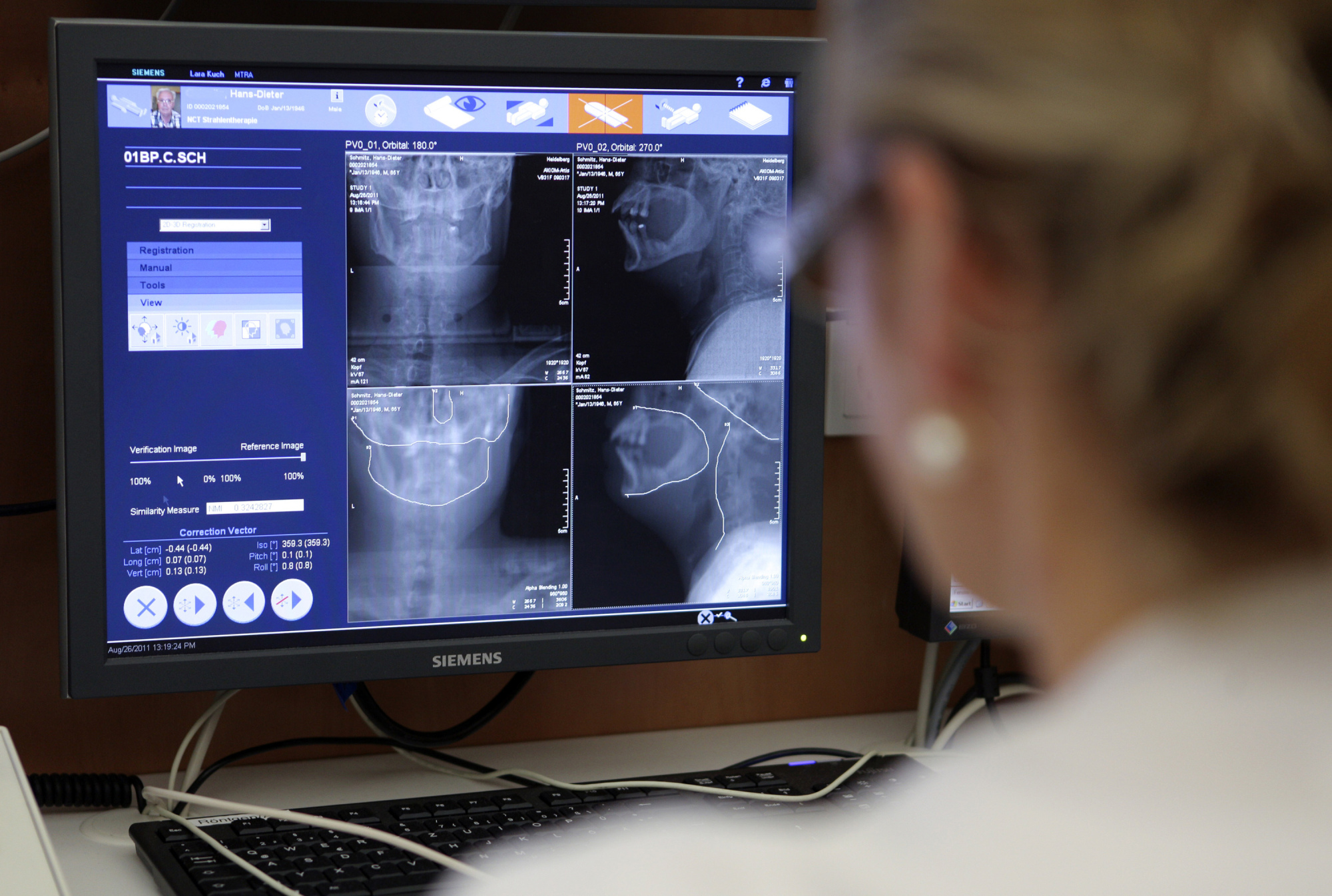Recent news that random bad luck plays a big role in cancer has been misinterpreted as bad news, when it's actually very useful in helping humanity understand what cancer is and what can be done to prevent the disease.
New experiments attempt to quantify findings from 2015 and 2017 that showed random "bad luck" was a major factor in the development of cancer — along with inherited genetic predispositions and environmental carcinogens. An independent team this month showed that normal tissue is roiling with clusters of mutated cells, some of which have genetic errors common in cancer. This fits well with the current understanding that cancer starts when cells acquire a combination of genetic mutations that allows them to grow out of control.
The reaction to the "bad luck" claim has been more moralistic than scientific. StatNews reported that the results might imply "that preventive efforts from smoking cessation to environmental cleanups were largely pointless." A news story in Science Magazine said: "Many scientists took issue with the paper ... because they felt it overemphasized the randomness of cancer and downplayed the value of trying to prevent it."


















With your current subscription plan you can comment on stories. However, before writing your first comment, please create a display name in the Profile section of your subscriber account page.